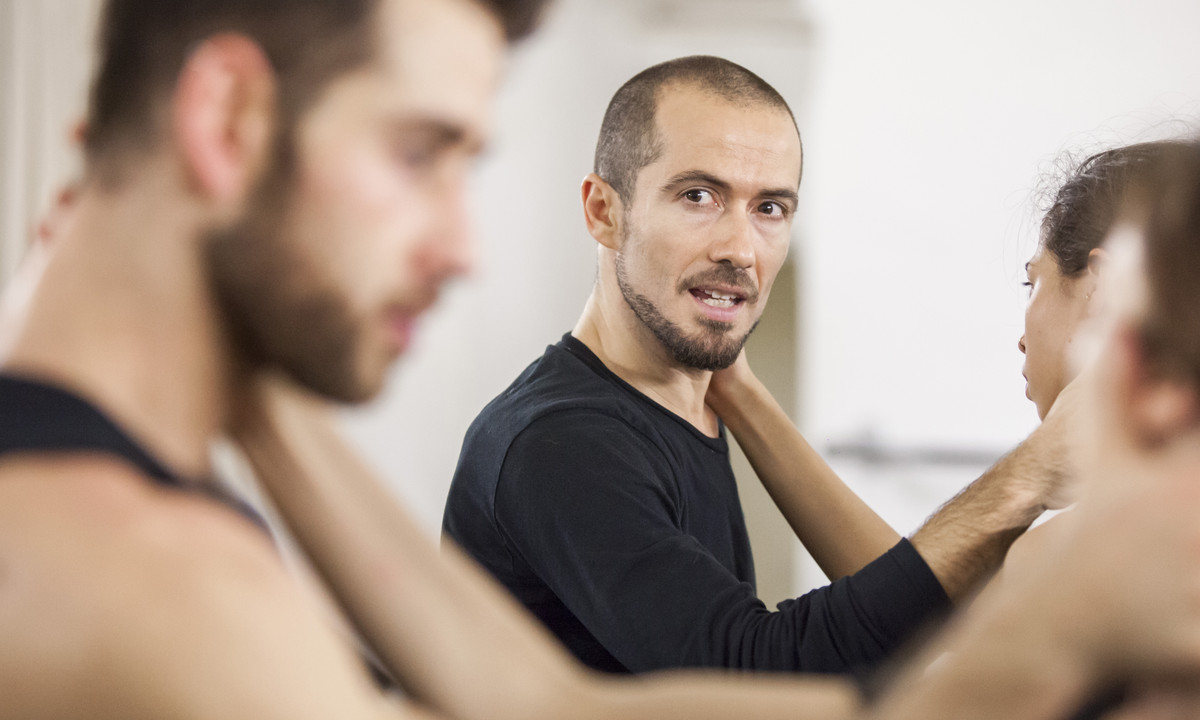
15 Jan Carmen: Choreographer’s Notes
The award-winning choreographer, Jose Agudo, ŻMDE Associate Artist, talks about the company’s new upcoming production, a contemporary dance adaption of the original story of Carmen: the rebellious and beautiful protagonist of the novel by Prosper Mérimée (1845), immortalized by Georges Bizet’s lyric opera (1875), now lives once again in this new creation that focuses on her free nature and on the high price of this freedom. “I chose Carmen because I thought it was a beautiful story and because I grew up with a friend of mine who reminded me of her,” says Agudo, “but the real moment when I fell in love with Carmen was when I met the dramaturg, Denise Mulholland. She talked about Carmen as a friend; she told me who this woman was when she said: ‘Carmen will always be free’. That is when I thought about who Carmen really is: she is a gypsy, a Romany, a traveler, an untamed spirit, she is captivating and elusive, unfathomable and almost from another world. But despite all this she is earthy and grounded and fiercely alive.”
“Love is a rebellious bird that no one can tame, and it’s quite useless to call him if it suits him to refuse”, these are the words of Carmen in the famous Bizet aria Habanera. Agudo continues, “Freedom is everything to her: moral freedom, sexual freedom, physical and emotional freedom.”
“A comet that burns brightly for a short time, Carmen remains separate from others. She is fundamentally a loner, always surrounded by people but never truly affected by them. Carmen is a complex story about individuality and sexual freedom, love and pleasure, and, ultimately, about death and a destiny of a gypsy woman.”
“My new dance number reexamines this rich tapestry of human motives and emotions and aims to address higher-order issues such as the conflict between conformity and freedom, the tension and aggression unleashed by narcissistic and obsessive human behaviour, the desire for self-disclosure and upholding the right to be free, and the belief that this journey of twists and turns we call life is valuable. Carmen is the stranger, and each one of us is that stranger. I want the number to be very Spanish, I mean that’s the reason why I use my flamenco roots, but I always revisit them in a modern way.”
“People will identify themselves with Carmen, they’re going to live it from inside out, because it is wild, it goes straight to the point, straight to the feelings: it is about life and death, about living the moment and about freedom.”
